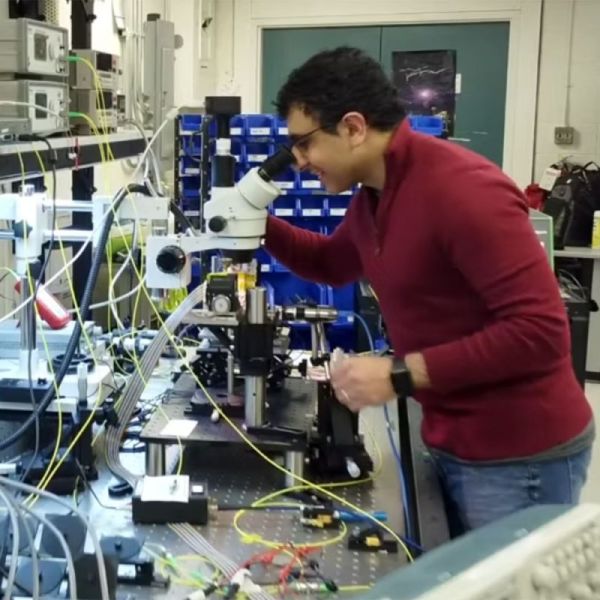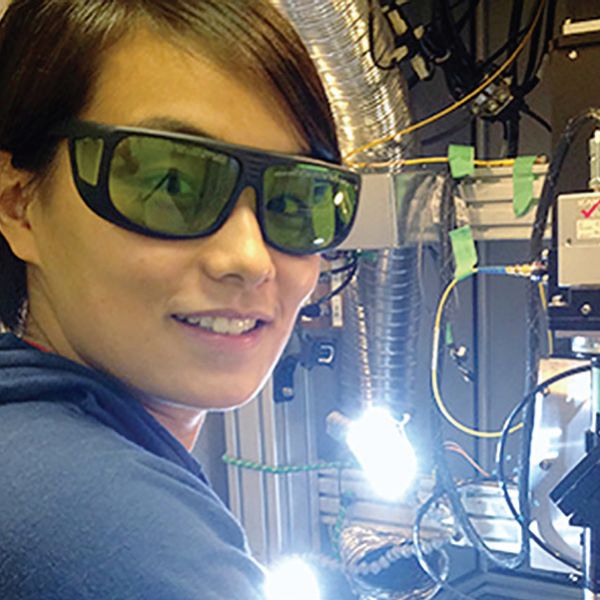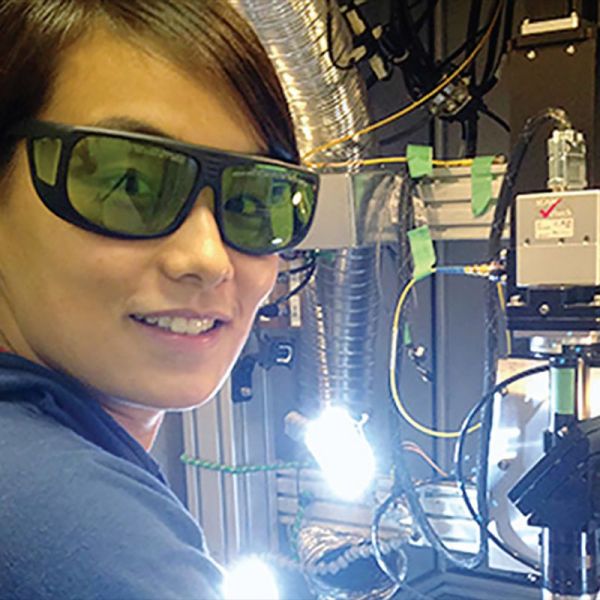Astrophysics

A degree in Astrophysics provides you with training in theory, computation, statistical modelling, data analysis, and experimental methods as you pursue problems in fundamental and applied research. Astrophysicists create simple mathematical models to describe complex astrophysical phenomena and test these models by making astronomical observations, collecting data, and comparing this data with numerical simulations. The skills obtained are highly sought after and transferrable to a wide range of fields. The degree leads to careers in academia and government-funded research centres as well as the private sector fields of finance, medicine, technology, and data analytics, to name just a few.
Engineering Physics

Engineering physics combines the practical skills of engineering with the deep knowledge of a scientist, applying analytical and lateral thinking to modern engineering challenges. Courses in quantum mechanics, laser optics and nanotechnology will help prepare you for an engineering career at the leading edge of technology. You will acquire advanced problem-solving and instrumentation skills, and will be able to apply superior mathematical, analytical and abstract-thinking ability to modern engineering challenges.
Mathematical Physics

A degree in Mathematical Physics provides you with training in theory, computation, and advanced mathematical modelling techniques relevant for fundamental and applied research. In particular, mathematical physicists study the numeric, combinatoric, algebraic, and computational frameworks that are used to form models of essentially anything that can be quantified. The skills obtained are highly sought after and transferrable to a wide range of fields. The degree leads to careers in academia and government-funded research centres as well as the private sector fields of finance, medicine, technology, and data analytics, to name just a few.
Physics & Astronomy

Physics, Engineering Physics & Astronomy

A degree in Physics provides you with training in theory, computation, statistical modelling, and experimental methods as you pursue problems in fundamental and applied research. Physicists design mathematical models to describe complex phenomena and test these models by making observations, conducting experiments, or running numerical simulations. The skills obtained are highly sought after and transferrable to a wide range of fields. The degree leads to careers in academia and government-funded research centres as well as the private sector fields of finance, medicine, technology, and data analytics, to name just a few.

